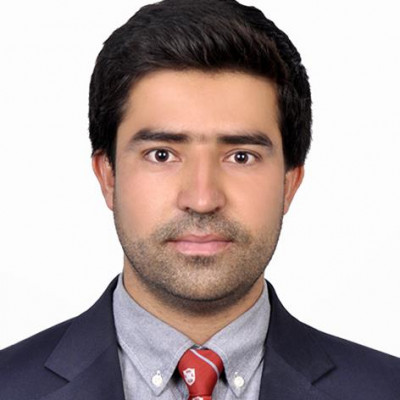Other Issues Research Paper (25 mins)
Ideological Shifts and Developing Language Identity in Afghanistan
This presentation discusses how dynamic shifts in the global era influenced Afghan’s willingness to invest in learning a new language, and how this investment is tied to issues of ideology, capital, and identity. This qualitative study employed narrative data collection techniques of narrative frames and semi-structured interviews to comprehend the experiences of Afghans who have lived through a relatively prosperous time in Afghanistan’s recent history, yet who also face uncertainty due to sudden shifts in power that threatened the conditions which had allowed them to align themselves with more global ambitions. The participants were selected as they had all graduated with a degree in English, with most gainfully employed because of this degree. Discussions center on how societal power shifts in Afghanistan initially drove investment in learning English and aligned Afghans with western based ideologies and transnational identity positions. It also exposes how recent geopolitical upheaval impacts the perception of this investment and threatens the possibility of participants maintaining their positions as linguistic entrepreneurs.
-

Michael Rabbidge is an assistant professor at Hankuk University of Foreign Studies, where he lectures on SLA and other areas related to applied linguistics. His current research interests focus on language identity, translanguaging, language ideology, and language teacher research issues.
-

Abdul Saboor Zaheeb is currently a Ph.D. student at the TESOL Department of Hankuk University of Foreign Studies (HUFS) in Seoul, South Korea. He obtained his undergraduate degree in English Language and Literature (2010) from Kunduz University in Afghanistan. Zaheeb received his Master’s degree in English Linguistics from Hanyang University in Seoul, Korea, in 2017. Prior to joining TESOL Department at HUFS, Zaheeb was serving as a senior lecturer at the Department of English Language and Literature at Kunduz University, Kunduz, Afghanistan. His research interests include language attitudes, motivation, identity, and multilingualism.